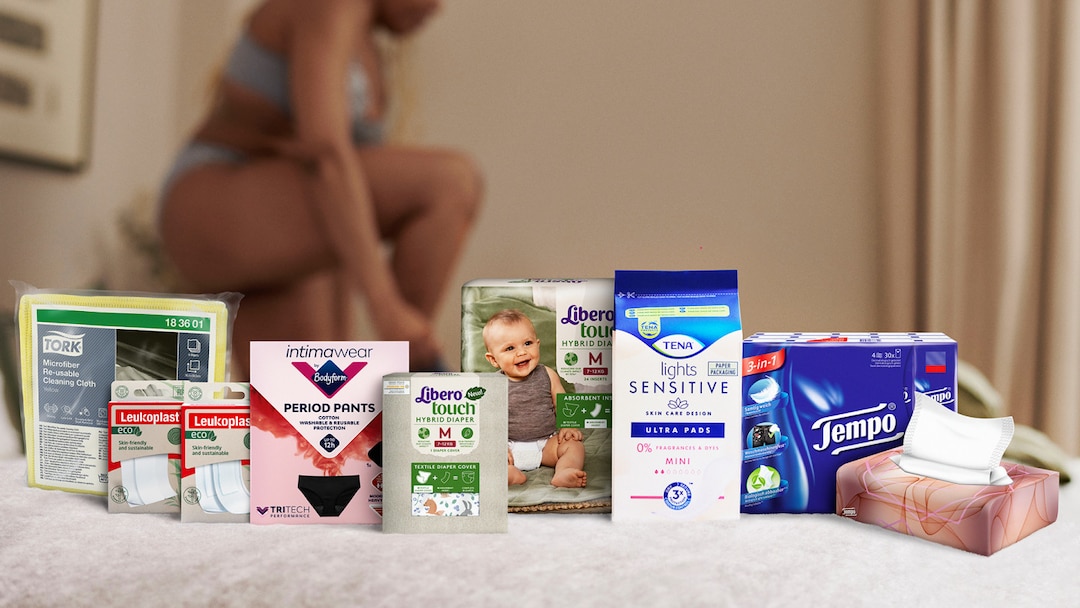Nations worldwide, with the European Union at the frontline, are placing bans on single-use plastics and transitioning towards a circular economy. However, plastic is required to ensure necessary levels of sanitation, safety and functionality for hygiene and health products.
Our industry must change how we design, use, and reuse plastic by transforming a linear function to a circular. This calls for creative thinking, new business models and partnerships to develop new solutions where less goes to waste. This approach is vital to stop plastic pollution, and offers strong economic, social, and climate benefits. This is also aligned with the UN Sustainable Development Goal (SDG) 13 Climate action, SDG 15 Life on land and SDG 12 Responsible consumption and production.
 Austria
Austria  Belgium
Belgium  Canada
Canada  Denmark
Denmark  Finland
Finland  France
France  Germany
Germany  Italy
Italy  Mexico
Mexico  Netherlands
Netherlands  Norway
Norway  Poland
Poland  Spain
Spain  Sweden
Sweden  United Kingdom
United Kingdom  USA
USA 


